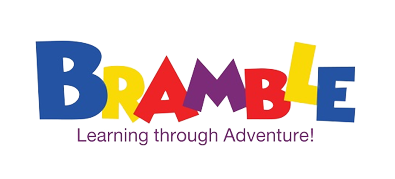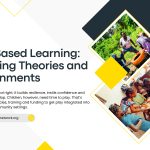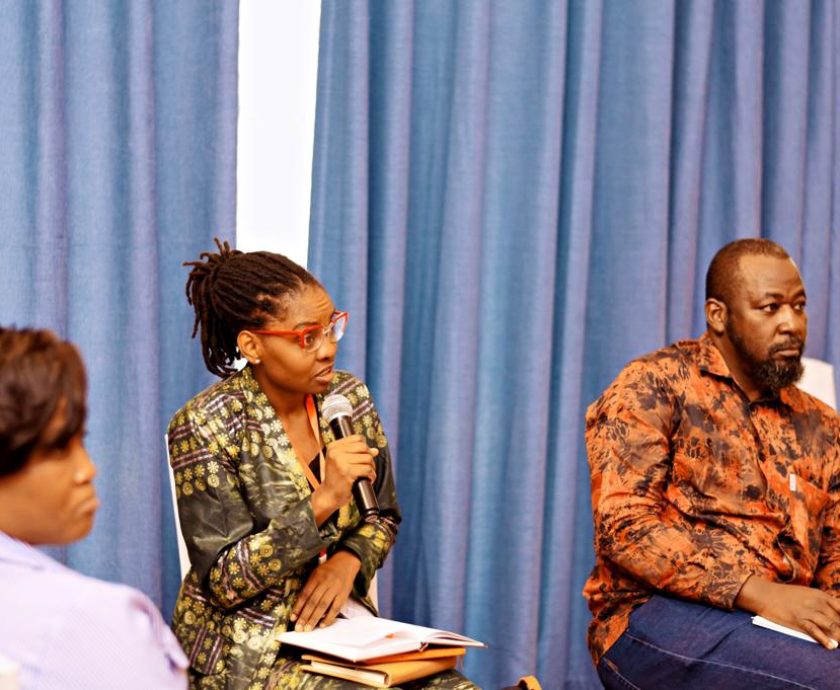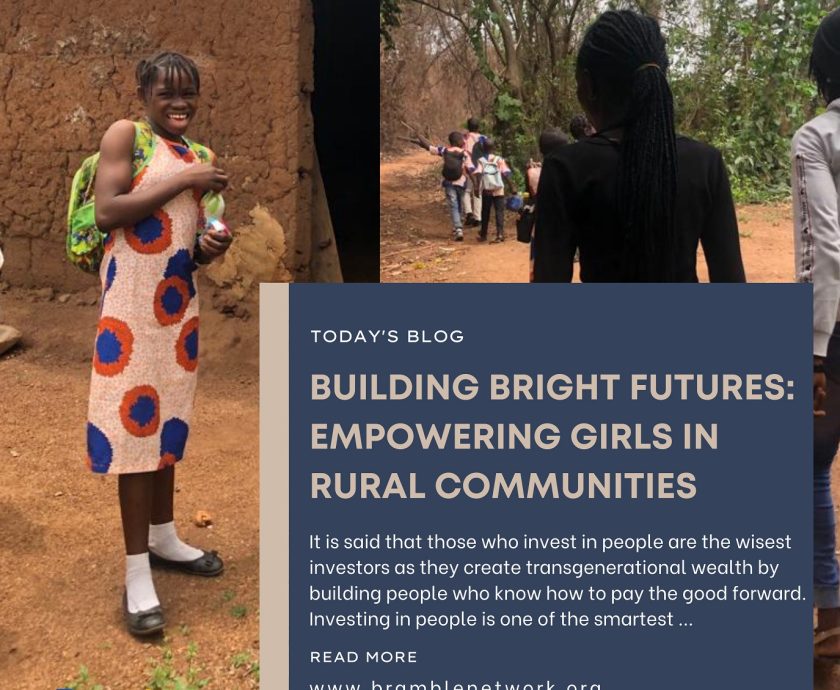The traditional Nigerian education system, often confined to the classroom, presents learning as a one-dimensional experience. This article proposes a revolutionary approach – learning through exploration and experience.
Formal education often restricts learning to the classroom, a box where knowledge is transmitted. Exploration and experience, however, rewrites this narrative. Learning becomes an interesting journey of discovery that extends far beyond the classroom walls and accommodates alternative strategies and approaches. These spaces then wouldn’t just impart knowledge; they would activate a passion for continuous learning.
Exploration and experiential learning captivate the hearts and minds of learners. They actively participate, driven by curiosity, to dig deeper into subjects. Unlike traditional methods, these approaches are unstructured, encouraging a sense of agency in learners. They become explorers on a quest for knowledge, not passive recipients of information.
Exploration and experience is beyond rote memorization. Learners don’t just cram facts; they actively engage with their environment, recreating and reflecting on experiences. Knowledge becomes a way of life, not just something to be regurgitated on a test.
These approaches may seem unconventional, lacking the rigid structure of traditional methods. However, this very lack of structure empowers learners. With this, they have the freedom to explore their own curiosity and chart their unique learning paths. This unstructured learning path is a means to explore alternative education and to find what would work best in your own context.
Implementing exploration and experiential learning in Nigeria requires a shift in perspective. Educators must embrace innovation, transforming classrooms into dynamic hubs of discovery. By incorporating these approaches, Nigerian education can move beyond the confines of the traditional system, empowering learners to become active participants in their own learning journeys. The Nigerian education system truly has the potential to be a breeding ground for geniuses and critical thinkers when this approach is fully explored.
Examples of Experiential Learning in Action
Instead of memorizing the water cycle, students could design and build a model of a watershed, exploring concepts of evaporation, condensation, and precipitation.
For history related learning, learners can research historical figures and events, then create exhibits showcasing their discoveries, transforming classrooms into mini-museums. Also for a practical application of mathematics, students could visit a local market and conduct surveys on pricing, budgeting, and calculating profit margins. Language classes can as well incorporate field trips to cultural centers or local businesses where learners can interact with native speakers.
Transforming the Nigerian education system necessitates a collaborative effort. Educators are the cornerstone of this revolution; equipping them with the necessary tools is crucial. Workshops and training programs can provide educators with strategies to design engaging activities that encourage student-led exploration. Bramble Network is currently at the forefront of this in Nigeria through her initiative RuralED which empowers educators in rural Nigeria with the skills and tools to drive change in their learning communities. Additionally, schools can leverage the wealth of resources within their communities. Partnerships with local businesses, museums, historical sites, and environmental organizations can give students invaluable real-world learning opportunities. A language class, for instance, could incorporate field trips to cultural centers or local businesses where learners can interact with native speakers and gain firsthand experience with the language and local culture. These partnerships enrich the learning experience and bridge the gap between theoretical knowledge and practical application.
Challenges and Possible Solutions
While the advantages of experiential learning are undeniable, implementing this approach requires addressing some challenges. Large class sizes can be an obstacle. However, dividing students into smaller groups for project-based learning or utilizing peer-to-peer tutoring can effectively address this concern. Another challenge is the emphasis on standardized testing, which can create pressure to prioritize rote learning. Advocating for a more holistic assessment system that incorporates project work and presentations can alleviate this pressure.
Shifting towards an exploration-based learning system in Nigeria is not simply about changing methods; it would equip future generations with the skills to excel in a complex world.












